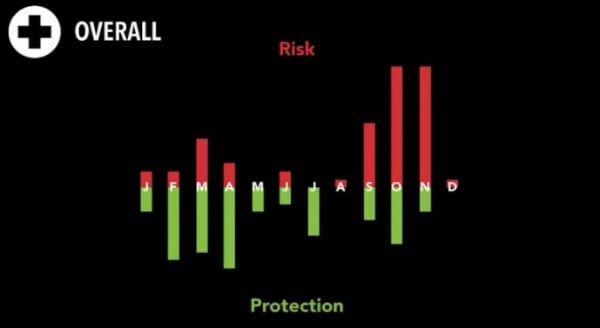
Image: Sorry, October babies. (via Warner Bros Pictures)
Forget all about birthstones and horoscopes. A new study has found your birthday month could actually tell you something far more important about your life.
Researchers from the Columbia University Medical Research Centre say there is sound evidence the month you were born in could dictate what diseases you’re likely to get. And the findings will make May babies very happy.
RELATED: Why having a big bum could make you healthier – and maybe even smarter
In the report published in the Journal of the American Medical Informatics Association, scientist Dr Nicholas Tatonetti and his team studied data from over a million patients who had visited the centre over the past 14 years. (Post continues after video.)
“We looked for significant deviations, whether particular months or seasons of the year that seemed to indicate a higher risk of developing a particular disease,” says Tatonetti.
From the 1,688 conditions for which patients were seen, 55 showed a strong relationship with birth month that could not be put down to chance alone.
RELATED: You’re familiar with menopause – but did you know about perimenopause?
“What we found is that there are high risk months to be born and low risk months to be born. The lowest risk month to be born is May and the highest risk was actually in October and November. Those were associated with the most disease,” Tatonetti says.

